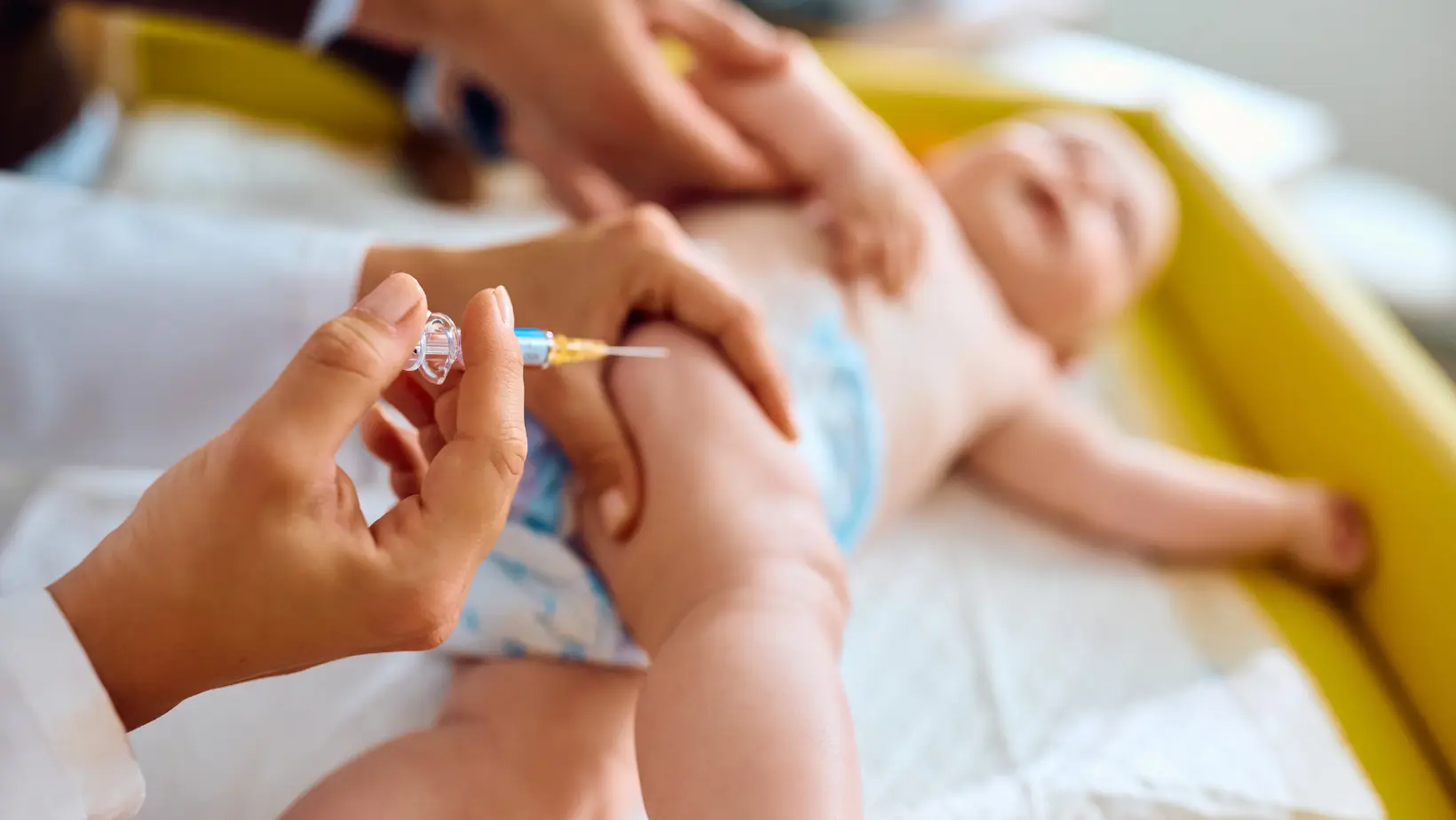To read the previous part, go to Vaccinations for Pregnant Women and Babies.
Vaccinations around the world differ from country to country. Each country adopts immunisation plans for its population and territory. In certain countries, different vaccines are mandatory for residents, but in Canada, vaccinations remain voluntary.
 The World Health Organisation, UNICEF and public health officials strongly encourage vaccinations based on their recommended schedule.
The World Health Organisation, UNICEF and public health officials strongly encourage vaccinations based on their recommended schedule.
Quebec’s immunisation protocol (PIQ) aims at improving the population’s health by offering several vaccines for free. Officials want to protect the population from certain specific illnesses better. The province vaccinates for gastroenteritis, meningitis, pneumonia, mumps, poliomyelitis, hepatitis A and B and chickenpox, just to name a few.
Why should you protect yourself from certain specific illnesses?
The criteria for offering free vaccination to the population involves the following elements:
- The illness itself: its severity, possible consequences, frequency, contagion and the affected groups;
- There is no other way to prevent the illness;
- The vaccine is effective and safe when producing antibodies;
- The vaccine can control the illness;
- The cost of the vaccine is lower than the health costs associated with the illness;
- The vaccine is acceptable to the population and caregivers;
- The availability of financial resources to provide the vaccine for free;
- The availability of the vaccine itself—can demand be met?
To learn more about how vaccines are made, read How Are Vaccines Made?


